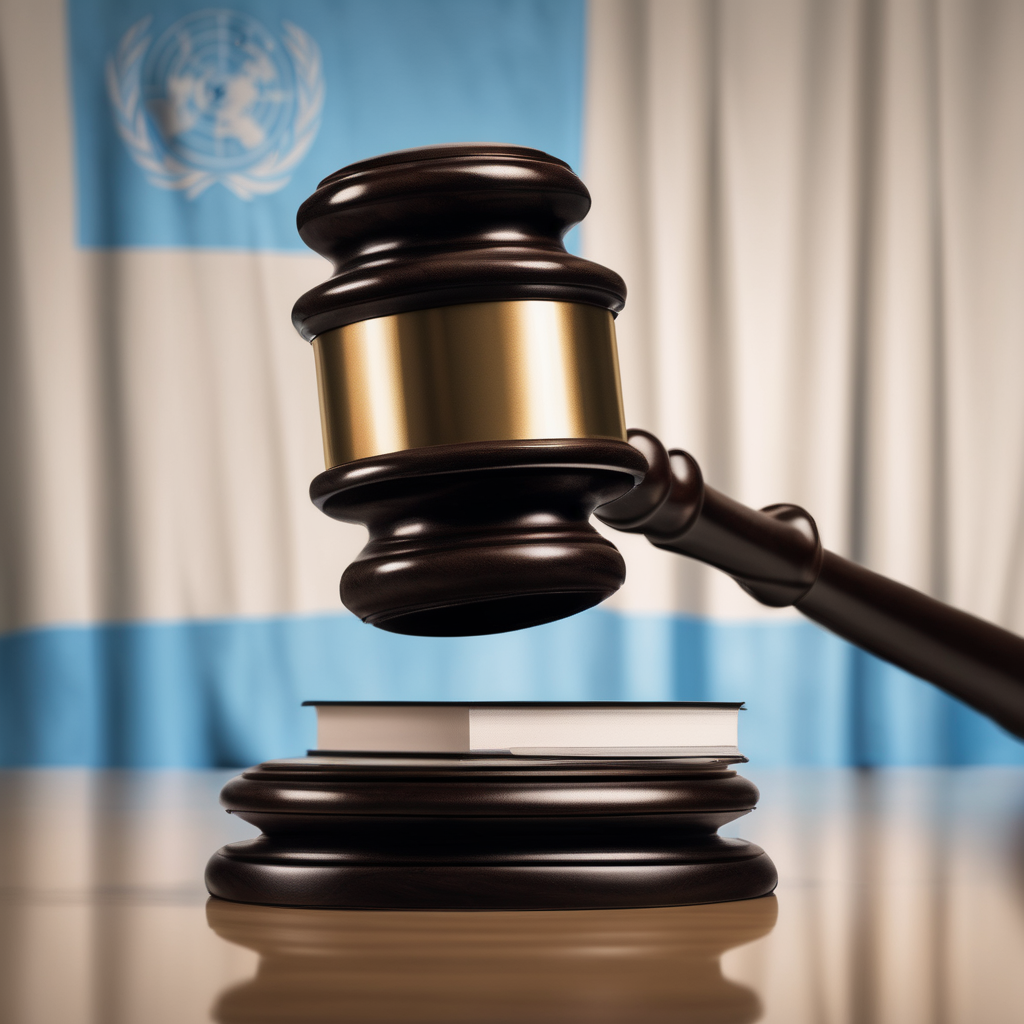The growing challenge of drug trafficking and organized crime in Fiji is increasingly threatening national security and community well-being. Prime Minister Sitiveni Rabuka, speaking at the United Nations General Assembly, highlighted the intricate nature of these challenges, which extend across vast maritime areas. He called for a comprehensive approach that not only enforces strict laws but also supports mental health, community recovery, and trauma-informed care for those affected.
Rabuka stressed the importance of implementing the Multidimensional Vulnerability Index (MVI) to better evaluate the needs of Small Island Developing States (SIDS). He argued that the MVI offers a deeper insight into these nations’ vulnerabilities by factoring in environmental fragility, economic susceptibility, and structural constraints, moving beyond GDP per capita as a sole measure. This initiative, he asserted, is critical for development justice, ensuring that countries like Fiji receive tailored international support to address their specific challenges.
In prior talks, Rabuka has consistently emphasized the regional struggle against transnational crimes, including cybercrime and illegal drug trafficking, which often exploit the Pacific’s strategic location as a transit point. Successful collaborations with border agencies have resulted in drug seizures valued at billions, but the primary focus remains on dismantling organized criminal networks. Home Affairs Minister Pio Tikoduadua has also highlighted the need to balance economic growth with national security, advocating for enhanced border control and improved security measures.
The discussion also highlights the pressing need for rehabilitation centers for drug addicts in Fiji. The lack of these facilities impedes recovery efforts, compounding the drug issue and leaving many without essential support for rehabilitation.
Rabuka’s appeal extends beyond law enforcement, urging a regional collaboration among Pacific Island nations to confront these complex threats collectively. This partnership seeks to build resilience and stability, promising a secure and hopeful future for the region.
As Fiji and its Pacific neighbors face these challenges, there is optimism that through solidarity and strategic action, they can nurture a more secure and prosperous future. The dedication to both regional cooperation and comprehensive internal reform signifies a proactive effort to protect their communities and natural resources.
